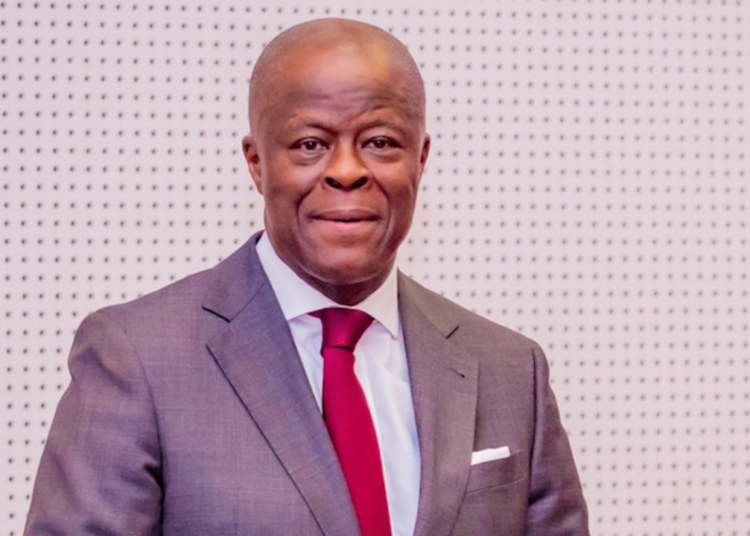Minister of finance and coordinating minister of the economy, Wale Edun, has said the sum of N5.3 billion has been disbursed to households and businesses under the different government-owned welfare schemes aimed at reducing economic hardship for individuals.
The finance minister said N3.5 billion was disbursed to 11,000 beneficiaries in five days under the consumer credit scheme. The scheme is targeting 80 million beneficiaries.
According to Edun, another N1.89 billion was paid to households in November with beneficiary coverage rate of 33 percent.
He said the intervention schemes have reached at least 25 million Nigerians. “25 people reached thus far,” Edun stated, adding “The beneficiaries BVN/NIN enrolment being ramped up.”
He said the delay in disbursement pace was due to lag from beneficiary account setup and validation, adding that the focus is now on validating beneficiary lists to facilitate the scaling of payment via national identity number (NIN).
The minister made the disclosure yesterday at a citizen and stakeholders’ engagement on the implementation of the Presidential Priorities and Ministerial deliverables for the fourth quarter of 2024 in Abuja.
Edun also disclosed that the nation’s foreign reserves have grown significantly to $41.9 billion under the current administration. “Gross foreign exchange reserves reached US$ 42 billion in December 2024.”
He said the boost in foreign reserves arose from improved external position driven by current account surplus, increased foreign portfolio investments and remittance inflows; foreign reserves import cover now averaging more than 12 months in recent times.
“In a short 18-month period, President Tinubu has placed Nigeria in the right direction. The economy is growing across the board. We have increased volume of growth across sectors,” he stated.
Edun pointed to the unification of the exchange rate of the Naira, ‘improved’ agricultural output growth which he said has increased exports to Kenya and other countries as some of the initiatives of the government worth commendation. Edun said that output growth is not higher than population growth in Nigeria. Nigeria does not have reliable population data. Its population is roughly estimated to be about 230 million.
He however said the achievement in that direction is not good enough to create the needed jobs, attract investments and create economic activities for economic growth.
He said the local refining of crude oil in Dangote Refinery has helped Nigeria to save transaction costs of importation of refined products and helping to build up foreign reserves.
The finance minister claimed that average power generation capacity has climbed from 4.2GW in April 2024 to 5.5GW in September – a 30 percent increase.
However, he acknowledged that some challenges remain. Among others, average aggregate technical commercial and collection losses worsened from 34.7 percent in Q2 to 39.1 percent in Q3, 2024. He also said a significant portion of the population were yet to be connected to the national grid or have remained unmetered. “With a high frequency of grid collapses, and gas supply issues persisting, significant investment require to upgrade transmission and distribution infrastructure for reliable power,” he stated.










